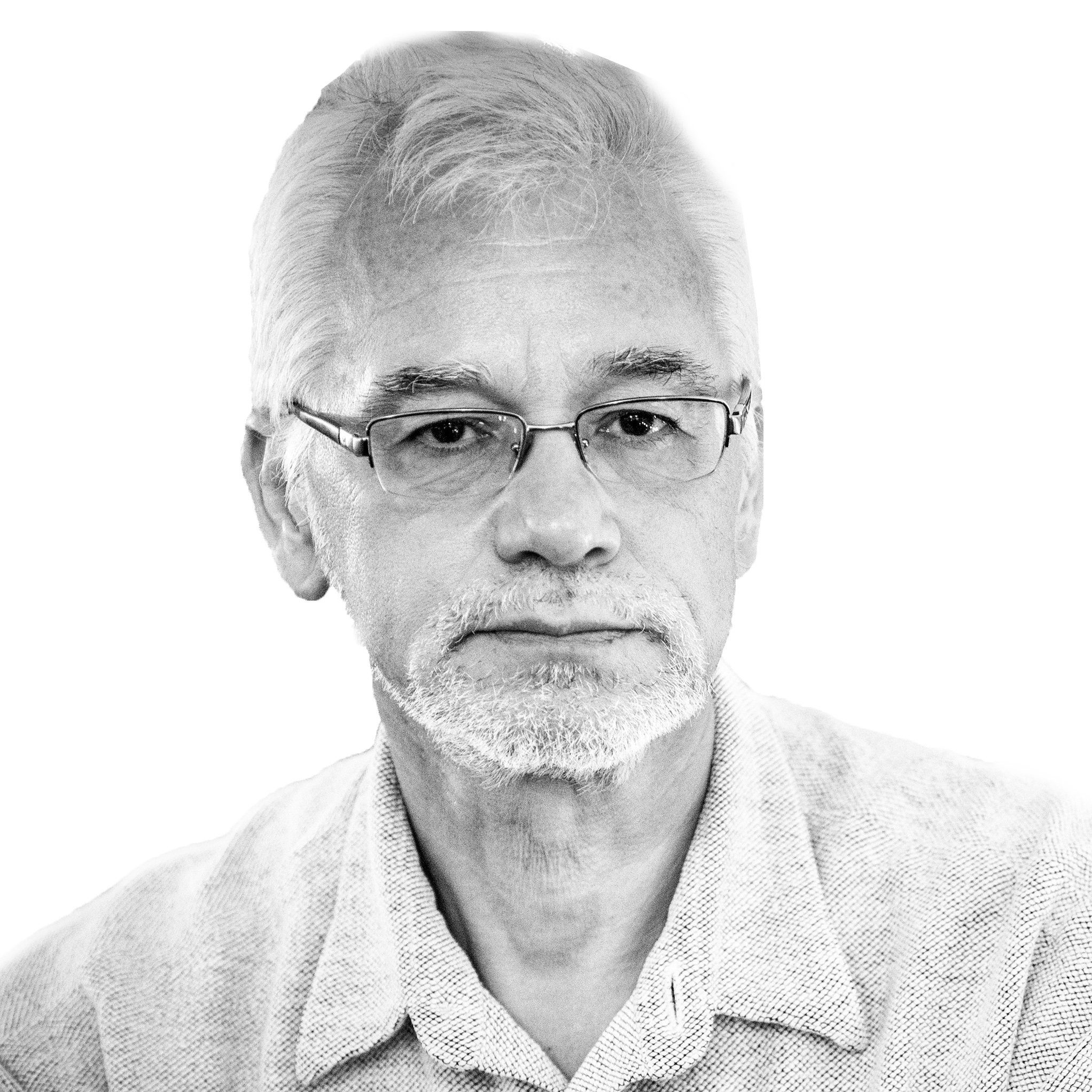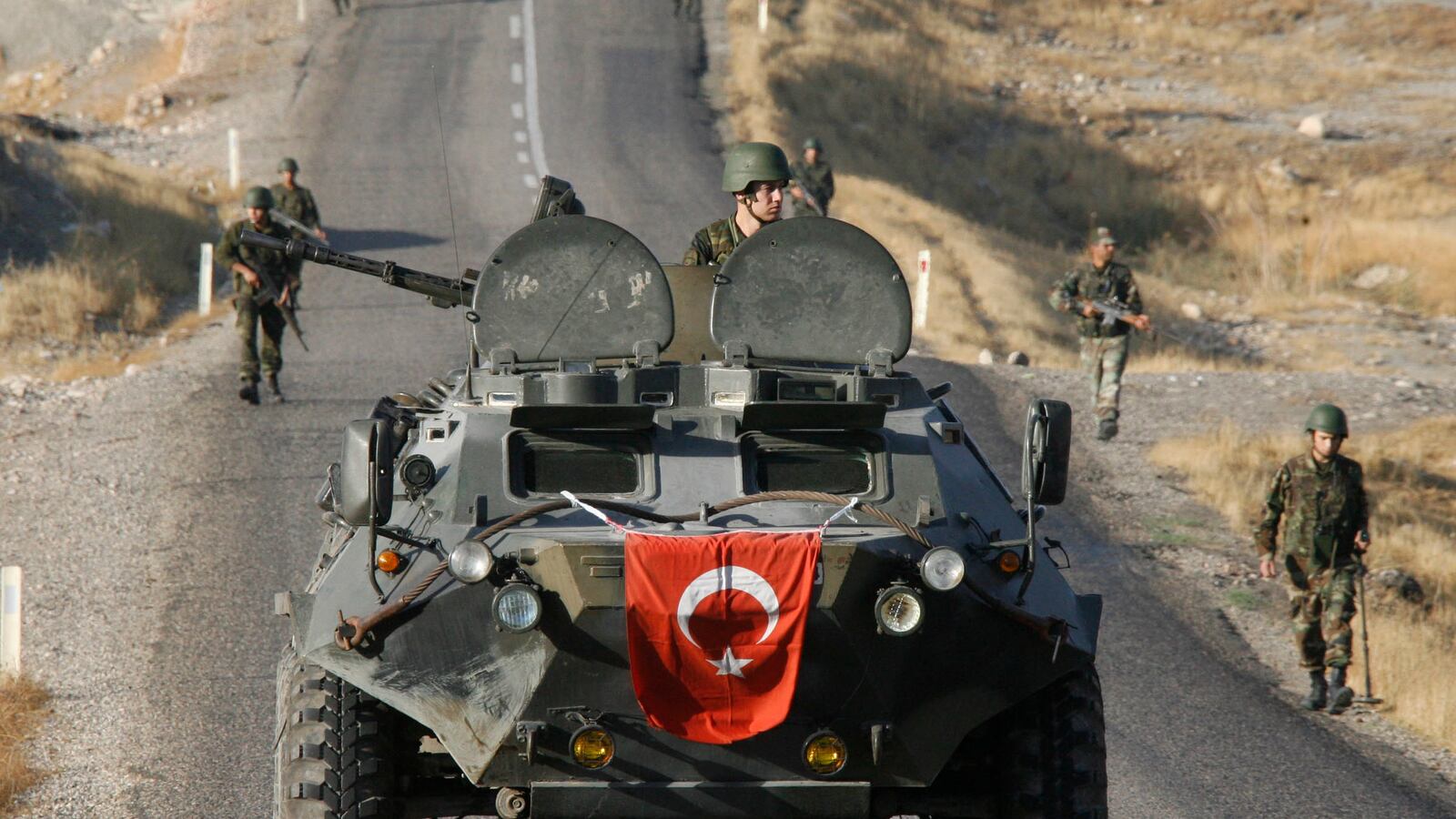ISTANBUL — With ISIS jihadists reportedly preparing for an attack on the Iraqi capital of Baghdad, there are signs that the Erdogan government in neighboring Turkey is giving up on the survival of Iraq as a unified state.
Such a move would be a radical policy shift for Turkey, a key U.S. ally and NATO member. Under the Turkish current policy, Ankara has been keen to preserve Iraq’s territorial unity in order to prevent a Kurdish state from being created, because such a development could promote separatist sentiments among Turkey’s own Kurdish minority of about 12 million people.
But the escalating Sunni-Shia sectarian war in Iraq is forcing Prime Minister Recep Tayyip Erdogan and other policymakers in Ankara to review that position, said Veysel Ayhan, director of the Ankara-based think tank International Middle East Peace Research Center (IMPR).
“The federal state [in Iraq] has not brought stability, so we have to discuss a new system, either a confederation or division,” Ayhan told The Daily Beast. “Sunnis will not accept to live under Shia rule, and Shiites will not live under Sunnis. If Sunni and Shiites do not want to live with the other side, we can’t protect the unity of Iraq.”
Erdogan drew a similarly bleak picture of the situation on Thursday. Speaking to reporters in Ankara, he said the conflict in Iraq had gone beyond a mere confrontation between the Sunni extremists of ISIS and the army of the Shia-led central government in Baghdad. “It has turned into a real sectarian war,” Erdogan said.
A Turkish official close to the Prime Minister went further by saying Turkey realised that Iraq was falling apart.
“It has become clear for us that Iraq has practically become divided into three parts,” Huseyin Celik, spokesman for Erdogan’s ruling Justice and Development Party (AKP), told Rudaw, an Iraqi Kurdish media network based in Erbil, the capital city of the autonomous Kurdish region in northern Iraq. Celik was referring to Sunni, Shia and Kurdish sectors in the country.
While paying lip service to Ankara’s official line that Turkey wanted Iraq to continue as a unified state, Celik said the Iraqi model as a federal nation had failed, largely due to Prime Minister Nuri al-Maliki, who is accused of alienating the Sunni minority.
Ties between the Erdogan government and Maliki have been in crisis for years, with Ankara accusing the Iraqi Prime Minister of steering a sectarian course and Maliki complaining about interference from Ankara.
ISIS shocked Turkey and the world last week when it overran the city of Mosul in northern Iraq and took about 50 Turkish diplomats, guards and civilians hostage in the city’s Turkish Consulate. Around 30 Turkish truck drivers are also in the hands of ISIS. Erdogan said on Thursday his government was doing all it could to ensure the safe return of its citizens.
In his interview with Rudaw, AKP spokesman Celik said that “Maliki’s sectarian policies have brought Iraq to the brink of collapse.” He indicated that Ankara would accept secession by Iraqi Kurds. “The Kurds of Iraq can decide where to live and under what title they want to live. Turkey does not decide for them,” he said, according to an English language transcript of the interview posted on the Rudaw website. “If Iraq could not solve its internal problems and the practical division of Iraq that we mentioned earlier, and this became an official division, then the people living there would have the right to self-determination like other nations.”
Celik’s words were echoed by comments in pro-government media in Turkey. “If the unity of Iraq produces nothing but blood and tears (and it does not look like it will), then let Iraq be divided,” Hakan Albayrak, a columnist for the Star newspaper, wrote this week.
Turkey is enjoying booming ties with the Kurdish Regional Government (KRG) in northern Iraq, which is one of the most important takers for Turkish exports and has the potential of becoming a major oil supplier. When KRG forces seized the oil-rich city of Kirkuk last week, there were hardly any protests from Ankara. The oil of Kirkuk could make an independent Kurdistan economically viable.
KRG officials agree with Celik’s view that the days of a united Iraq may be numbered. “I don’t think it can stay together,” KRG Prime Minister Nechirvan Barzani told the BBC. “As I said: Iraq before Mosul, and Iraq after Mosul. So now we have to sit down and find a formula how to live together, but if we think that Iraq will go back like before Mosul, I don’t think so—it’s almost impossible.”
Onur Oymen, a former ambassador and opposition lawmaker, warned the Erdogan government not to throw the principle of Iraq’s territorial unity overboard. “A break-up of Iraq would have a domino effect upon the entire region, no-one knows where it would end,” Oymen told The Daily Beast.
But Ayhan of the IMPR think tank said conflict and chaos in Iraq and neighboring Syria meant that the clock could not be turned back. “We are now writing the new map of Iraq and Syria,” he said. “There will be border changes in these two countries soon.”






